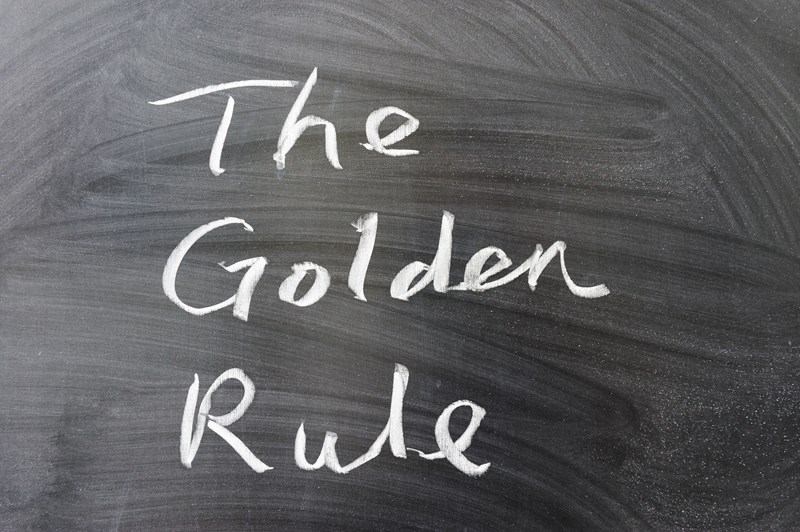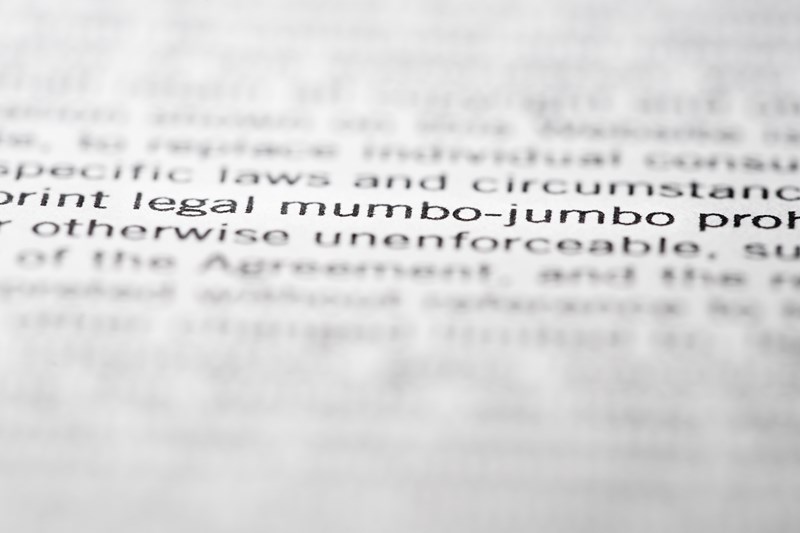If a Will is technically valid, the mere circumstances in which it is prepared makes the Will more vulnerable to challenge. The rule known as the “golden rule” is a measure of what might be considered best practice for lawyers in the preparation and execution of a Will. While the “golden rule” is not a rigid rule of law, it has been repeatedly emphasised by the Courts as a desirable approach for lawyers to take.
The substance of the golden rule is that when a solicitor is instructed to prepare a Will for an elderly Will-maker, or for one who has been seriously ill or is making a significant change from a previous Will or conventional norms, the lawyer should arrange for a medical practitioner to prepare a medical certificate confirming whether they have the capacity and understanding needed to make a Will. The capacity certificate should be kept on file.
A lawyer should also ensure they take clear file notes recording the Will-maker’s intentions and the explanation for any significant changes to the Will.
Compliance with the “golden rule” does not make a Will invalid. Its purpose, as has been repeatedly emphasised by the Courts, is to assist in the avoidance or minimisation of disputes. This decision highlights the importance of clear file notes recording the Will-maker’s wishes and the need for a contemporaneous assessment of testamentary capacity. While capacity is not a determinative factor in the assessment of undue influence, the lack of acknowledgement or consideration of this issue will result in criticism from the Court.
Where adequate records are not kept, the determination of a later Will challenge with respect to capacity and undue influence can be compromised. In particular, the Court may find that there is an information vacuum such that it is not possible to determine capacity or that the transaction was the result of the free exercise of an independent will of the Will-maker. Accordingly, adverse inferences may be drawn in relation to any significant change made by the Will-maker and the basis for said change.
This was highlighted in a recent Court of Appeal case Gorringe v Pointon [2023] NZCA 42. This appeal concerned allegations of undue influence in relation to two Wills made by the deceased. In particular, the Court criticised the lack of adequate reasoning and evidence provided by the firm who prepared and executed these Wills. The legal executive who prepared and executed the Wills was significantly criticised for failing to follow the “golden rule”. The Court observed that:
- The lack of consideration given to capacity, given the Will-makers advanced age of 97 years, was surprising and remiss.
- The apparent lack or adequate oversight or supervision from a qualified lawyer was regrettable.
- The interactions with the Will-maker were notably slim as evidenced by time recording.
- There was insufficient probing of the Will-maker’s intentions and scant file noting of the instructions and the execution process.
- When cross-examined during hearing, Ms Hopkins sought to extrapolate from the circumstances to proffer an opinion on why the Will-maker changed her Will. However, there was no note of this information in the evidence which undermined its credibility.
In this case, the failure to comply with the “golden rule” greatly increased the difficulties to which this dispute had given rise and aggravated the depths of mistrust the deceased’s family had.
Overall, preparing a Will can be difficult and constrained by the client’s expectation that any instruction should be dealt with efficiently and at low cost. However, it is important that careful consideration is given to all potential beneficiaries and ensuring that no-one attempts to unduly influence the views of the Will-maker. If these points are addressed, along with any issue of capacity, the Will should stand up to scrutiny in the event of a dispute. Talk to our Estate Planning Team about Wills.







